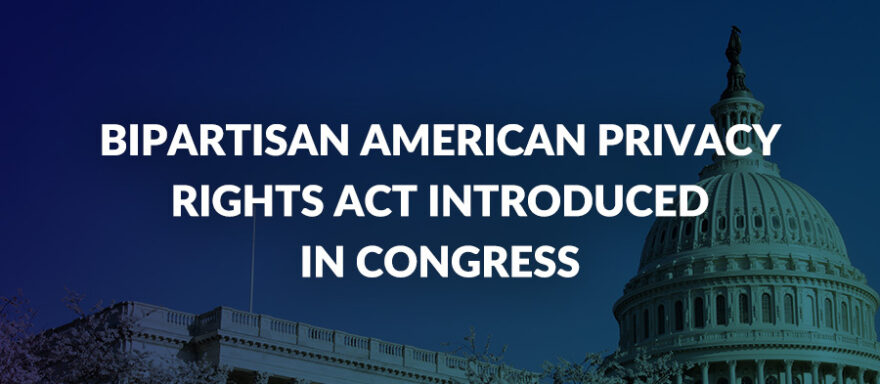
Data Privacy Alerts
Bipartisan American Privacy Rights Act Introduced in Congress
Check out this alert for a summary of the American Privacy Rights Act, a bipartisan bill recently introduced in Congress.
Stay up to date with the latest privacy news, with summaries and expert analysis of new legislation, enforcement actions, and data breaches.

Data Privacy Alerts
Check out this alert for a summary of the American Privacy Rights Act, a bipartisan bill recently introduced in Congress.
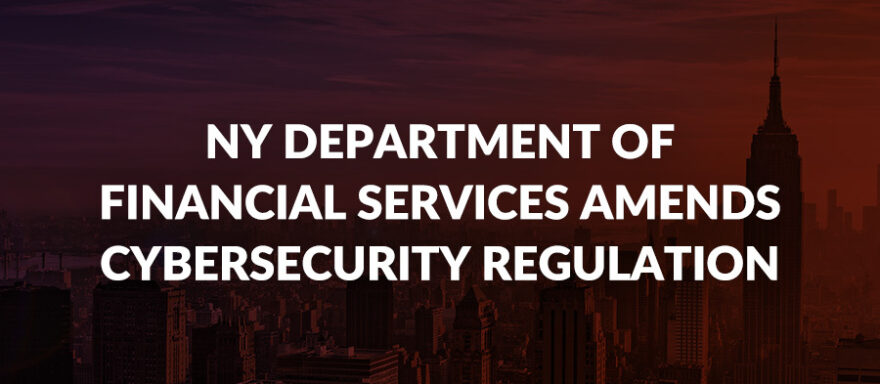
Data Privacy Alerts
Check out this alert to learn about the amendments to the NY DFS Cybersecurity Regulation requiring organizations to maintain an asset inventory.
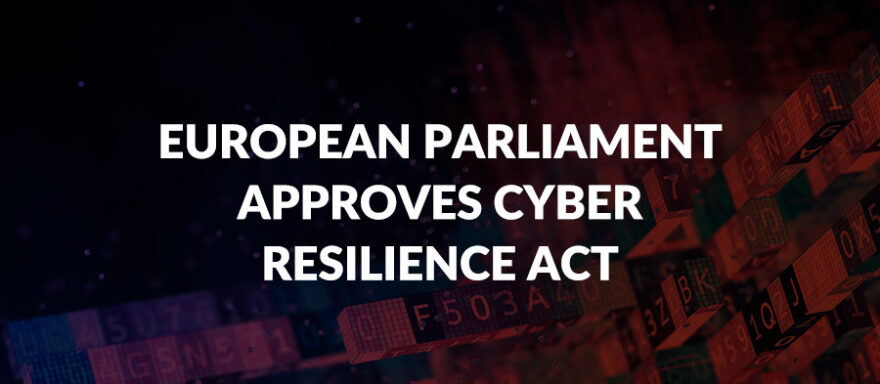
Data Privacy Alerts
Read this alert to learn about the Cyber Resilience Act, passed by the European Parliament to bolster the security of software and hardware products.
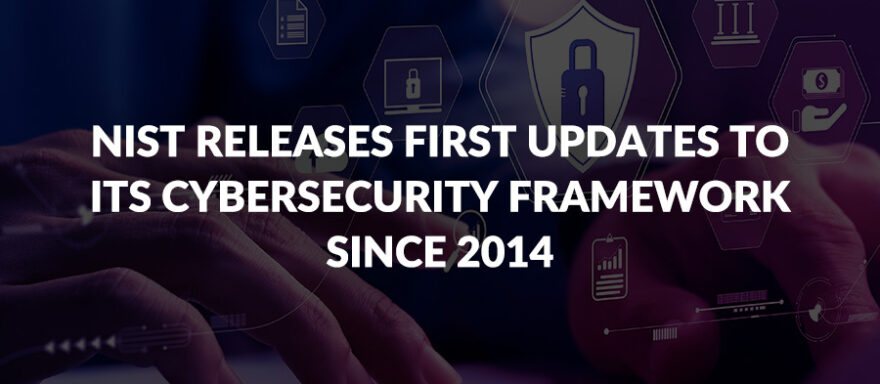
Data Privacy Alerts
Read this data privacy alert to learn about NIST's 2024 updates to its cybersecurity framework (CSF), the first since its release in 2014.
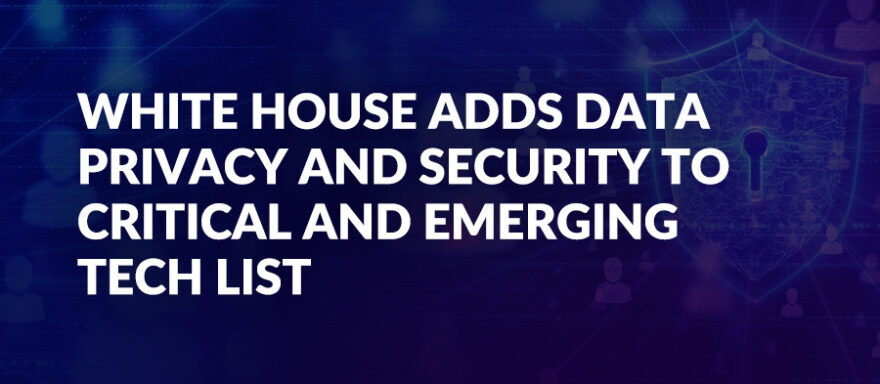
Data Privacy Alerts
Check out this data privacy alert to learn about updates to the White House Critical and Emerging Technology list that included data privacy and security technology for the first time.
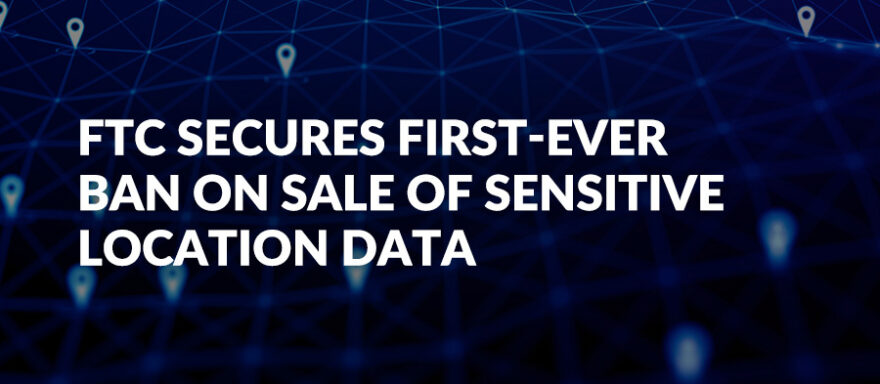
Data Privacy Alerts
Read this data privacy alert to learn more about the settlement the FTC reached with a data broker banning its sale of sensitive geolocation data.
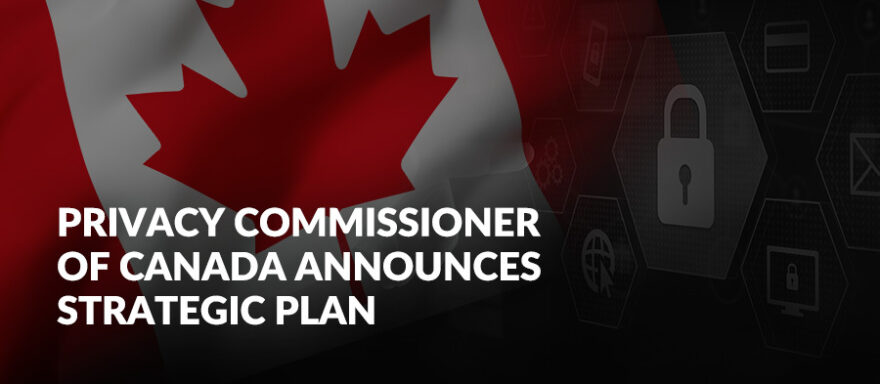
Data Privacy Alerts
Read this data privacy alert to learn about the Privacy Commissioner of Canada's recent announcement of the three strategic priorities for the next three years.
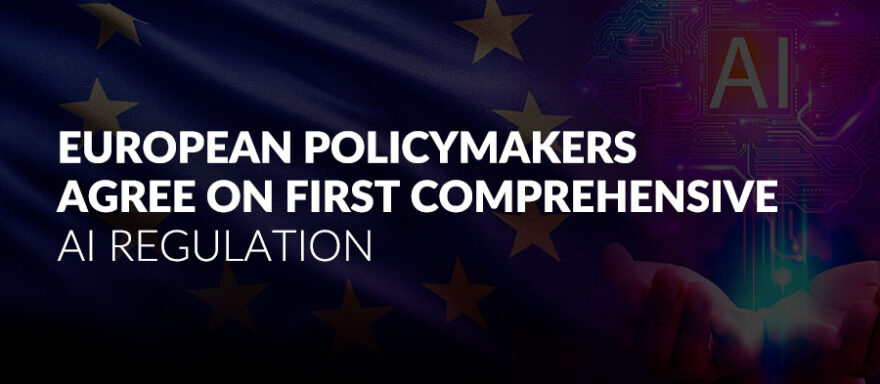
Data Privacy Alerts
Read for a summary of the news that in December 2023, European policymakers reached agreement on the landmark Artificial Intelligence (AI) Act, the world’s first comprehensive regulation governing AI.
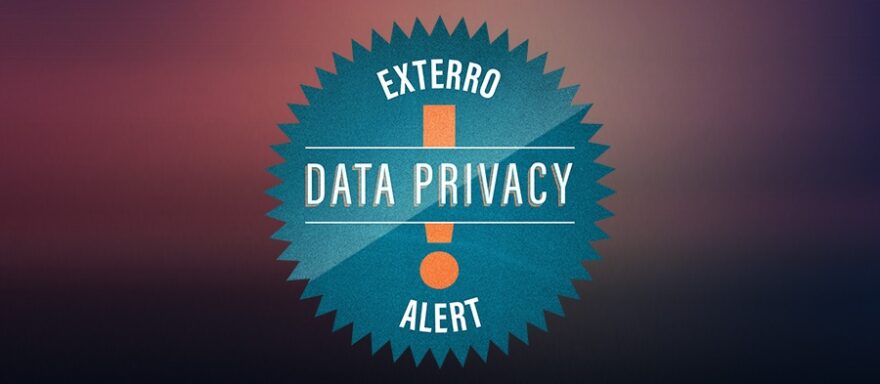
Data Privacy Alerts
Learn about the data breaches at password vault company LastPass that potentially compromised millions of user passwords and accounts.

Data Privacy Alerts
The Federal Trade Commission has continued its campaign of stepped-up privacy enforcement with a $520 million settlement with Epic Games.

Data Privacy Alerts
Learn about Google's recent location tracking settlement with 40 states, in which it agreed to an almost $400 million fine.

Data Privacy Alerts
On November 3, 2022, the Federal Trade Commission released its proposed court order against Vonage, a Voice-over-Internet-Protocol (VoIP) phone service.